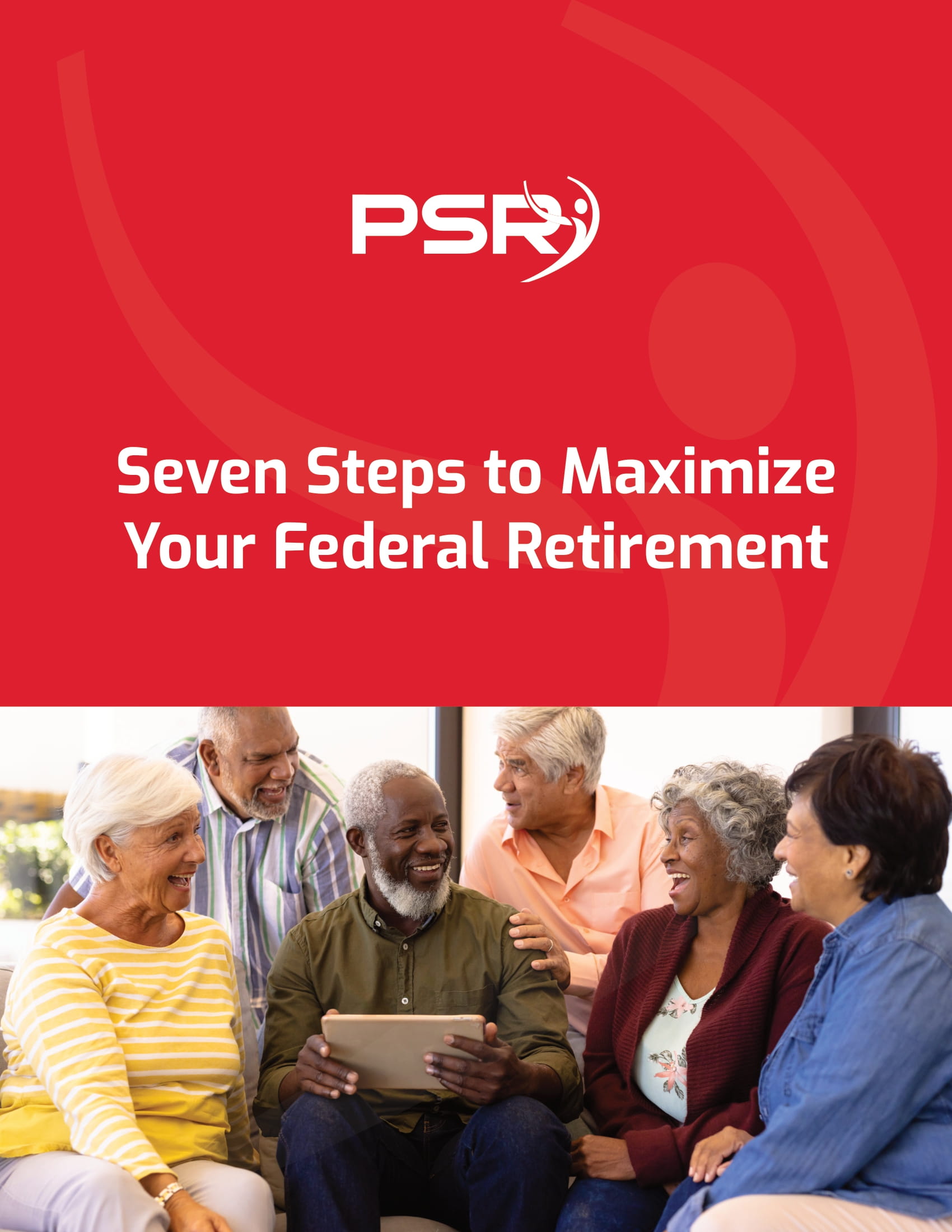Key Takeaways
-
Special category retirement rules are highly specific and can create major financial pitfalls if you misunderstand them.
-
Small missteps in eligibility timing, paperwork, or assumptions about benefits can cost you thousands over the course of your retirement.
Understanding the Hidden Landscape of Special Category Retirement
Special category retirement offers significant advantages, but it also hides some complex requirements that are easy to overlook. You might qualify for an earlier retirement age and enhanced pension calculations
- Also Read: Divorce and Your Federal Pension—What Happens When You Split Assets and How It Could Affect Your TSP
- Also Read: What Happens to Your Federal Benefits After Divorce? Here’s the Lowdown
- Also Read: The Best FEHB Plans for 2025: Which One Fits Your Lifestyle and Budget the Best?
You need to understand that these rules are not flexible. They are tied to your position, your agency’s certification, and the consistency of your work history. Missing even one key element can derail your retirement timeline.
What Positions Are Considered Special Category in 2025?
In 2025, special category employees in the public sector include:
-
Law Enforcement Officers (LEOs)
-
Firefighters
-
Air Traffic Controllers
-
Capitol Police and Supreme Court Police
-
Nuclear materials couriers
Each of these roles has unique statutory criteria. Not all jobs within a given agency qualify—even if your day-to-day duties seem similar.
Key Eligibility Factors That Workers Miss
Several factors can disqualify you without much warning:
-
You must occupy an approved “covered position” for the required number of years.
-
Transfers to non-covered positions during your career can break your eligibility.
-
Promotions into supervisory roles sometimes remove you from covered status.
-
You must meet age and service milestones exactly, not approximately.
For example, LEOs and firefighters under FERS must complete 20 years in covered service and reach at least age 50. Air Traffic Controllers face mandatory retirement at age 56, but can retire as early as 50 with 20 years of ATC service.
The Importance of Creditable Service
The government only counts certain types of service toward your special category retirement:
-
Time must be in a formally designated covered position.
-
Breaks in service can interrupt eligibility unless handled properly.
-
Military service, if bought back, typically does not count as special category time unless performed in a special category civilian role.
Partial years matter too. If you leave even a month short of 20 full years of service, you lose your enhanced pension formula.
Mandatory Retirement Deadlines Are Not Flexible
Mandatory retirement applies to many special category employees:
-
LEOs and firefighters must retire at age 57.
-
Air Traffic Controllers must retire at age 56.
Extensions can be granted for up to three additional years in very limited cases, but approvals are not guaranteed. Planning as if you’ll retire at the standard mandatory age is safest.
Pension Calculations Are Different—But Only If You Qualify
If you meet all the criteria, your FERS pension is calculated using a higher multiplier:
-
1.7% of your “high-3” average salary for the first 20 years of special service.
-
1% for all additional years.
However, if you miss the 20-year threshold, the entire calculation reverts to the lower standard FERS formula of 1% per year.
You don’t receive partial credit—it’s all or nothing.
Health Insurance and Special Retirement: The Overlooked Risk
Maintaining Federal Employees Health Benefits (FEHB) into retirement requires:
-
Enrollment in FEHB for the five consecutive years before retirement.
-
Immediate eligibility for a FERS annuity upon retirement.
If you retire under special category rules but didn’t maintain FEHB enrollment, you risk losing this valuable benefit.
Also, if you leave government service before reaching your minimum retirement age, even if you have enough years, you could lose your FEHB eligibility.
Sick Leave Credit Is Limited
You might expect sick leave to boost your service time. However, for special category retirement:
-
Sick leave does not count toward reaching the 20 years of required special category service.
-
It can enhance your overall annuity amount but only after you meet the core eligibility on your own.
This can be a major surprise to those counting on unused leave to reach 20 years.
Social Security Considerations
Special category employees often qualify for the FERS Special Retirement Supplement, which bridges the gap between retirement and age 62.
Important details to remember in 2025:
-
The supplement stops at age 62, even if you delay claiming Social Security.
-
The supplement is subject to an earnings test if you work after retirement, similar to Social Security’s earnings limit ($23,480 for 2025).
Earning above the limit reduces your supplement, which can create unexpected income drops.
Early Retirement Incentives May Not Apply
If your agency offers a Voluntary Early Retirement Authority (VERA), it’s tempting to think you can retire early under special category rules.
However:
-
VERA is based on regular FERS retirement rules, not special category rules.
-
Accepting VERA may lead to different pension calculations, lower benefits, or penalties if you’re under age 50 without 20 years.
You must carefully compare offers before accepting.
Reemployment After Special Category Retirement
If you return to public service after retiring:
-
Your annuity may be reduced or suspended.
-
You might not accrue additional retirement credit unless you meet specific reemployment rules.
Special category retirees should consider these risks carefully, as they differ from regular FERS reemployment rules.
Survivor Benefits and Special Category Pensions
Electing a survivor benefit reduces your monthly annuity but provides security for a spouse or dependent.
Key facts for 2025:
-
A full survivor benefit typically costs about 10% of your annuity.
-
A survivor’s pension provides up to 50% of your unreduced annuity.
-
Declining a survivor benefit requires spousal consent.
Planning for survivor benefits early can prevent painful reductions later if health issues arise.
Special Risks for Firefighters and Air Traffic Controllers
Firefighters and Air Traffic Controllers face two specific risks:
-
Injuries that force early exit can lead to disability retirement, which follows different pension rules.
-
If you do not meet full special category service years, your disability pension might be lower than expected.
Understanding these risks helps you maintain options if your career is unexpectedly shortened.
Key Deadlines to Monitor Throughout Your Career
You should track these critical timelines:
-
20 years of covered service: Needed for enhanced pension.
-
Age 50: Minimum age for special retirement after 20 years.
-
Age 56-57: Mandatory retirement age for most special categories.
-
Five consecutive years in FEHB: Needed to continue health insurance in retirement.
-
Annual earnings limit post-retirement: Important for Special Retirement Supplement.
Missing even one timeline can cost you financially.
How to Protect Yourself from Unwritten Pitfalls
The best way to guard against costly mistakes is:
-
Verify your covered status regularly with HR.
-
Get official confirmation of your creditable service years.
-
Plan multiple retirement scenarios in case rules change.
-
Consult with a licensed professional listed on this website to review your retirement strategy.
You must take personal responsibility—no one will track these requirements for you.
Your Retirement Security Starts with Mastering the Hidden Rules
Special category retirement offers powerful benefits, but only for those who fully understand the fine print. Timing, consistency, and vigilance are your best tools for protecting your future income and healthcare.
If you have any uncertainty about your status, eligibility, or retirement options, get in touch with a licensed professional listed on this website. Expert guidance can mean the difference between retiring confidently and retiring with costly regrets.










